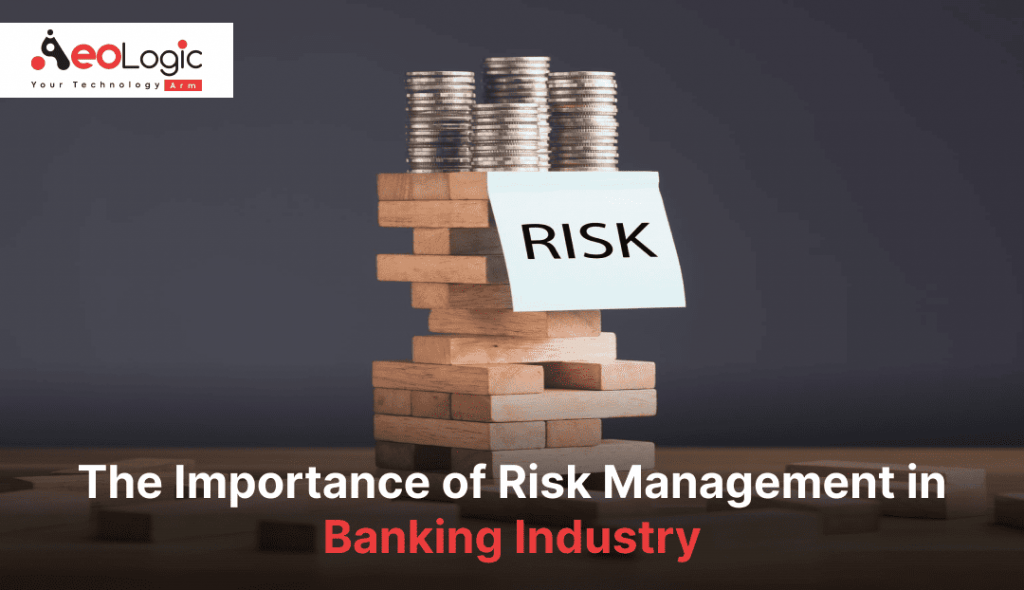The Critical Relevance of Risk Management in Achieving Organizational Objectives
In the quickly evolving organization landscape, the capacity to navigate uncertainty has become an important. This is where Risk Management actions in, supplying an organized method to identifying, examining, and mitigating possible roadblocks to proceed. It's greater than just a safety step - it's a critical device, promoting strength and technology. As we explore the essential duty of Risk Management in accomplishing organizational goals, one can't help but ask yourself: exactly how does this convert into real-world success?
Recognizing the Concept of Risk Management in Organization

The Integral Duty of Risk Management in Strategic Planning
Incorporating Risk Management right into tactical planning acts as a safeguard for companies, securing their long-term strategies with a strong structure of preparedness and durability. Risk Management offers a structure for anticipating unpredictabilities and developing ideal reactions, guaranteeing the company's survival and success also in the face of difficulty. By including Risk Management right into tactical preparation, companies can change these uncertainties right into opportunities for development and technology.

Methods for Identifying, Assessing, and Focusing On Threats
The procedure begins with Risk recognition, utilizing tools such as SWOT analysis, which aids in pinpointing prospective dangers and opportunities. Next off, Risk evaluation is conducted to ascertain the prospective influence and chance of each Risk. Threats are prioritized based on their possible effect and probability, permitting companies to concentrate their resources on critical risks.
Guarding Business Workflow With Efficient Risk Management
In the organization landscape stuffed with uncertainties, efficient Risk Management plays a pivotal duty in protecting organizational operations. It acts as a protective guard, alleviating the damaging effects of possible risks and making sure the smooth functioning of all processes. By recognizing and examining potential threats, Risk Management enables companies to establish durable backup plans. This preventive approach help in keeping functional stability, even when confronted with unanticipated situations. Basically, Risk Management is the lifeline that keeps the business operations afloat among rough waters. It makes certain not just the survival but the sustainable growth of an organization, making it an important device in accomplishing business objectives. Companies need to invest in comprehensive Risk Management methods to protect their operations.

Converting Prospective Hazards to Opportunities: The Power of Risk Management
While prospective threats may originally appear as roadblocks to business success, effective look at this now Risk Management can change them into possibilities. A proactive strategy to risk Management involves determining, examining, and focusing on dangers to develop approaches that transform them into official statement prospective advantages. This procedure necessitates the development of a risk-aware society Web Site within the organization, urging people to view threats as prospective drivers for adjustment and growth, as opposed to simple threats. importance of risk management. Through this lens, prospective dangers end up being chances to introduce, boost processes, and enhance strength. Hence, by leveraging the power of Risk Management, organizations can not just protect their operations but also stimulate development and achieve their objectives in an unforeseeable organization setting.
Instance Studies: Success Stories of Risk Management Driving Company Objectives
Effective execution of Risk Management strategies has actually generated excellent cause numerous businesses, underscoring the merits of this strategy. International business like Microsoft and Google, for circumstances, have leveraged Risk Management to decrease threats and make use of opportunities, driving their company objectives forward. Microsoft's aggressive Risk Management approach aided it pivot promptly throughout the 2020 pandemic, transitioning to remote work efficiently, therefore keeping productivity. Google, by analyzing and mitigating possible threats in its cloud-based services, has guaranteed continuous solution, thereby strengthening customer trust. These examples illustrate how effective Risk Management can not just guide services clear of prospective pitfalls however likewise direct them towards their tactical purposes. Thus, Risk Management is essential to the quest of organizational goals.
Verdict
In final thought, Risk Management is essentially important in attaining business goals. By integrating Risk Management right into critical preparation, services can better navigate unpredictabilities, safeguard procedures, and capitalise on opportunities, therefore lining up with long-term goals.
At its core, Risk Management is the process of recognizing, evaluating, and resolving prospective hazards that could negatively affect an organization's purposes or procedures. Next off, Risk assessment is carried out to establish the potential influence and probability of each Risk. Dangers are prioritized based on their potential influence and chance, permitting organizations to concentrate their resources on critical dangers. By determining and assessing prospective dangers, Risk Management enables companies to establish robust contingency strategies. A proactive approach to take the chance of Management includes determining, evaluating, and prioritizing risks to develop approaches that transform them right into potential benefits.